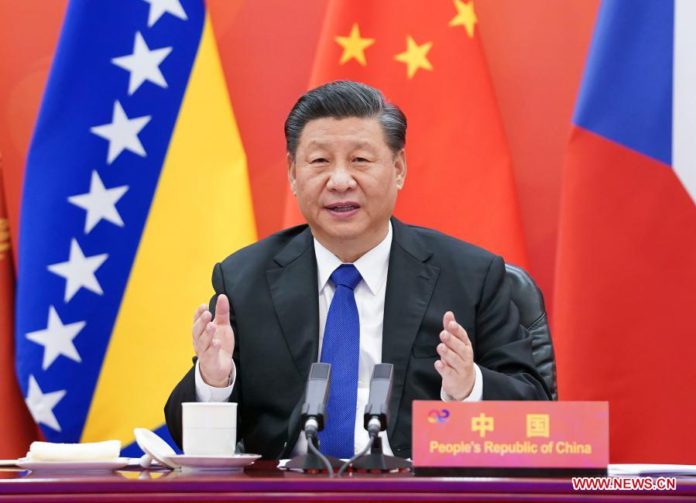China has said it will ease birth limits to allow all couples to have three children instead of two in hopes of slowing a declining birth rate.
The move, by the ruling Communist Party, comes as its elderly population continues to put a strain on its economy and society.
The country has enforced birth limits since 1980 to stymie population growth but has reversed its policy as the number of working-age people falls and the share of over-65s rises–threatening to disrupt its ambitions to transform China into a prosperous consumer society.
A ruling party meeting led by President Xi Jinping decided to introduce “measures to actively deal with the aging population”, the official Xinhua News Agency said.
It said leaders agreed “implementing the policy of one couple can have three children and supporting measures are conducive to improving China’s population structure”.
Leaders also agreed China needs to raise its retirement age to keep more people in the workforce and improve pension and health services for the elderly, Xinhua said.
Restrictions that limited most couples to one child were eased in 2015, to allow two, but the total number of births fell further, suggesting rule changes on their own have little impact on the trend.
Couples say they are put off by high costs of raising a child, disruption to their jobs and the need to look after elderly parents.
China, along with Thailand and some other Asian economies, face what economists call the challenge of whether they can get rich before they get old.
The Chinese population of 1.4 billion was expected to peak later this decade and start to decline.
Census data released on May 11 suggests that is happening faster than expected. The share of working-age people, aged 15 to 59, fell to 63.3 per cent last year from 70.1 per cent a decade earlier. The group aged 65 and older grew to 13.5 per cent from 8.9 per cent.
The 12 million births reported last year were down nearly one-fifth from 2019.

